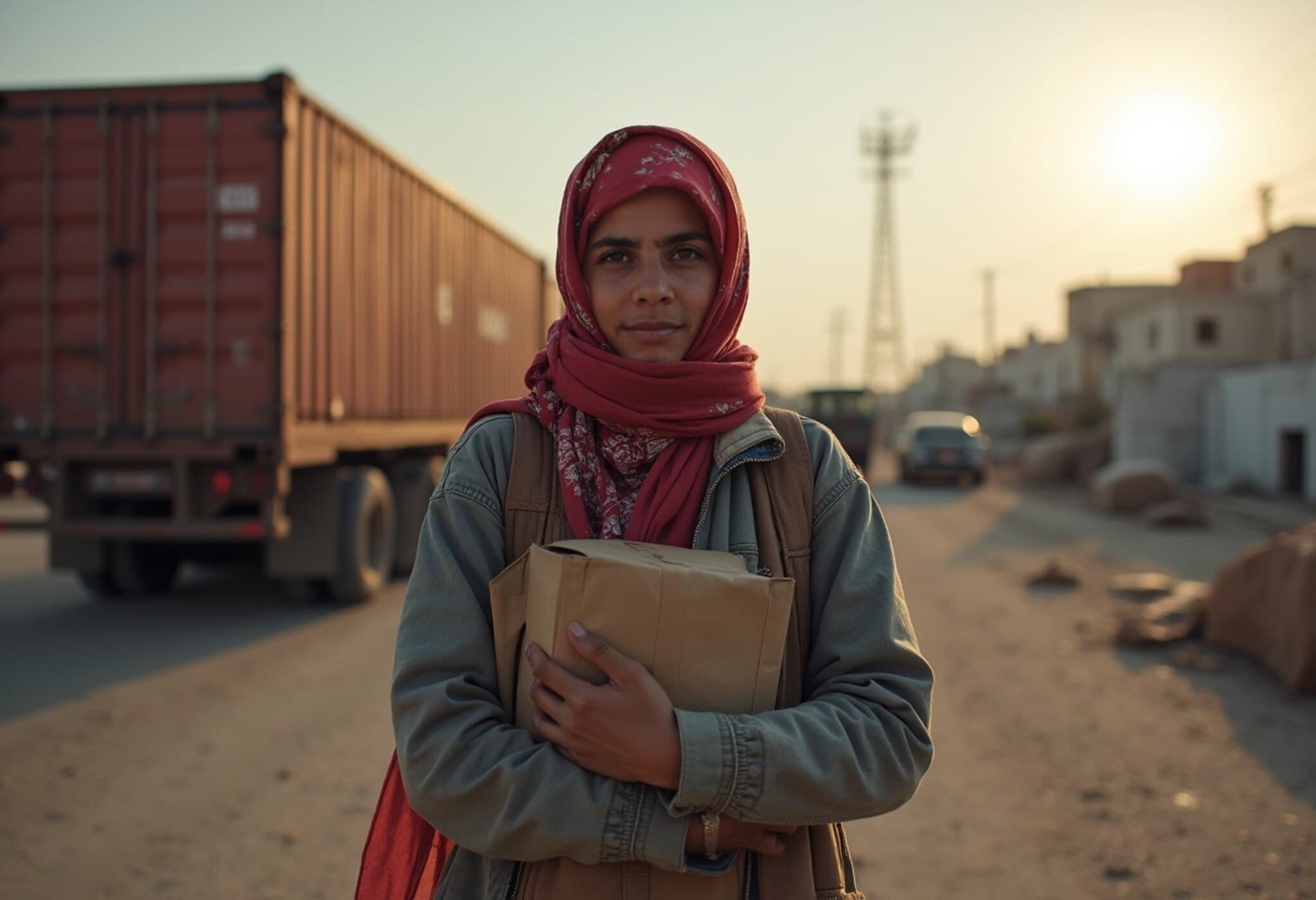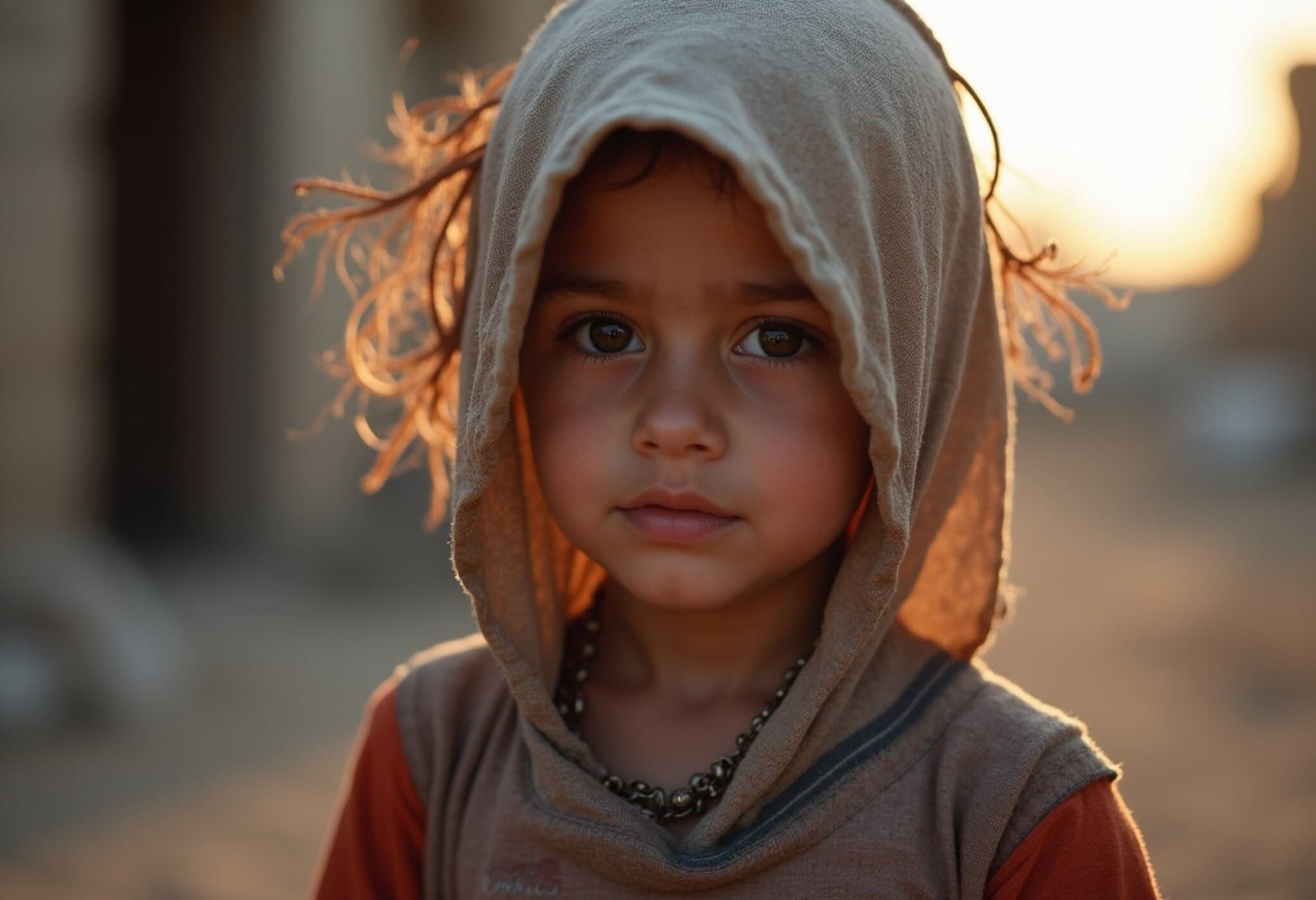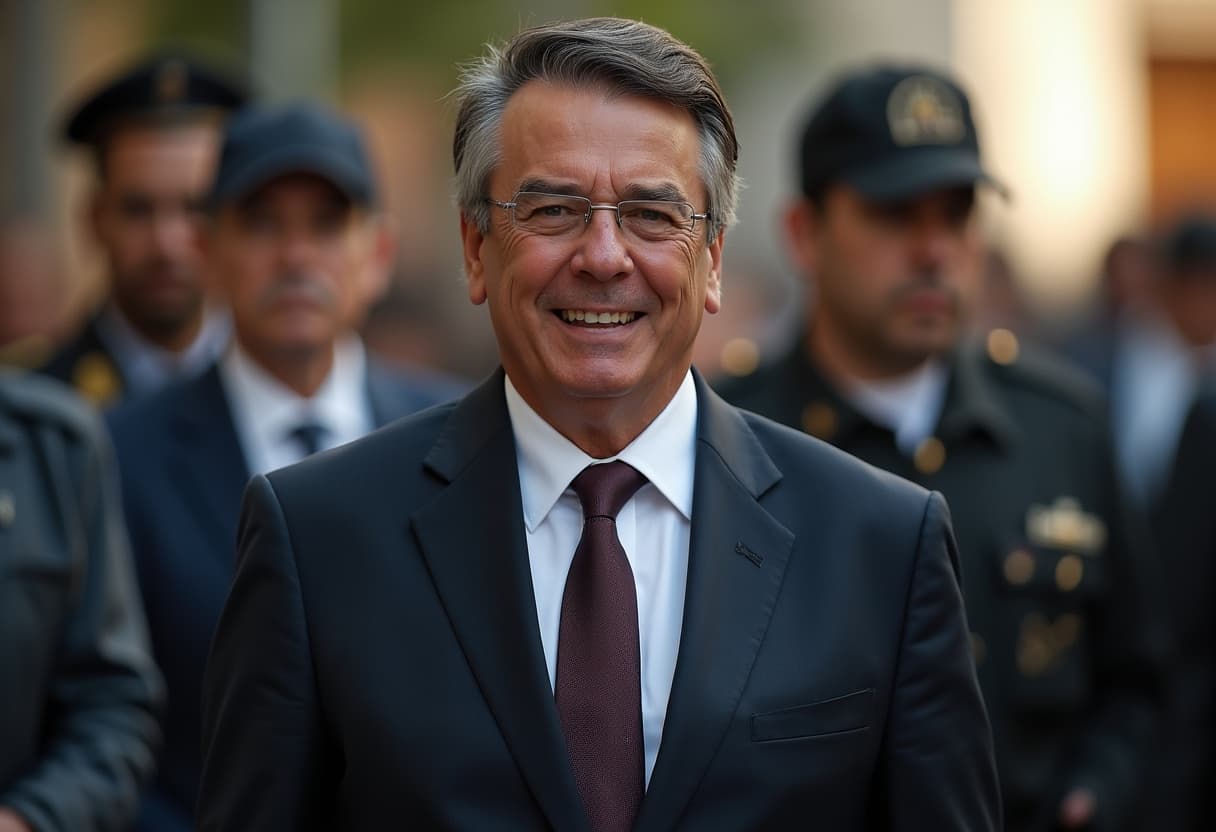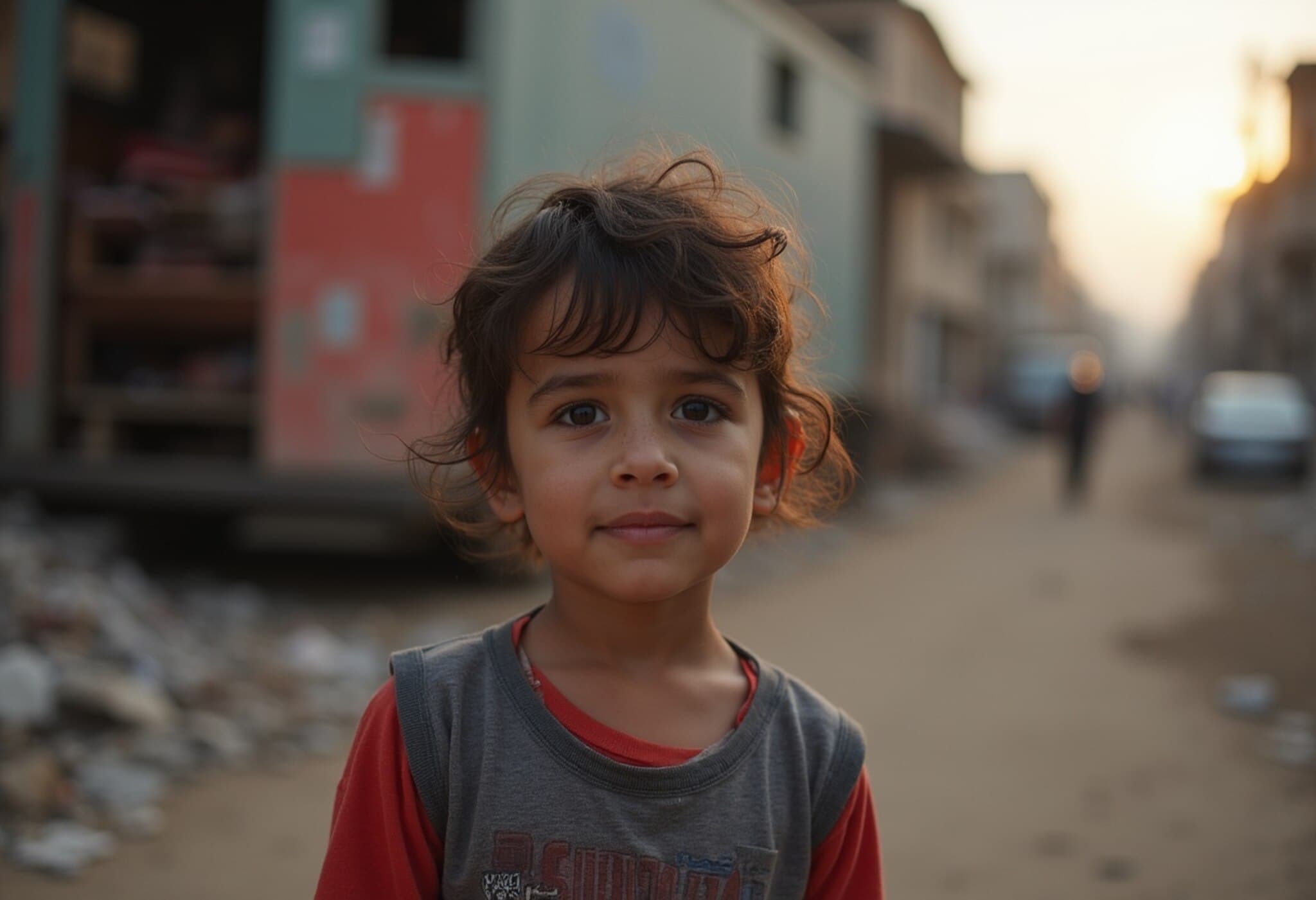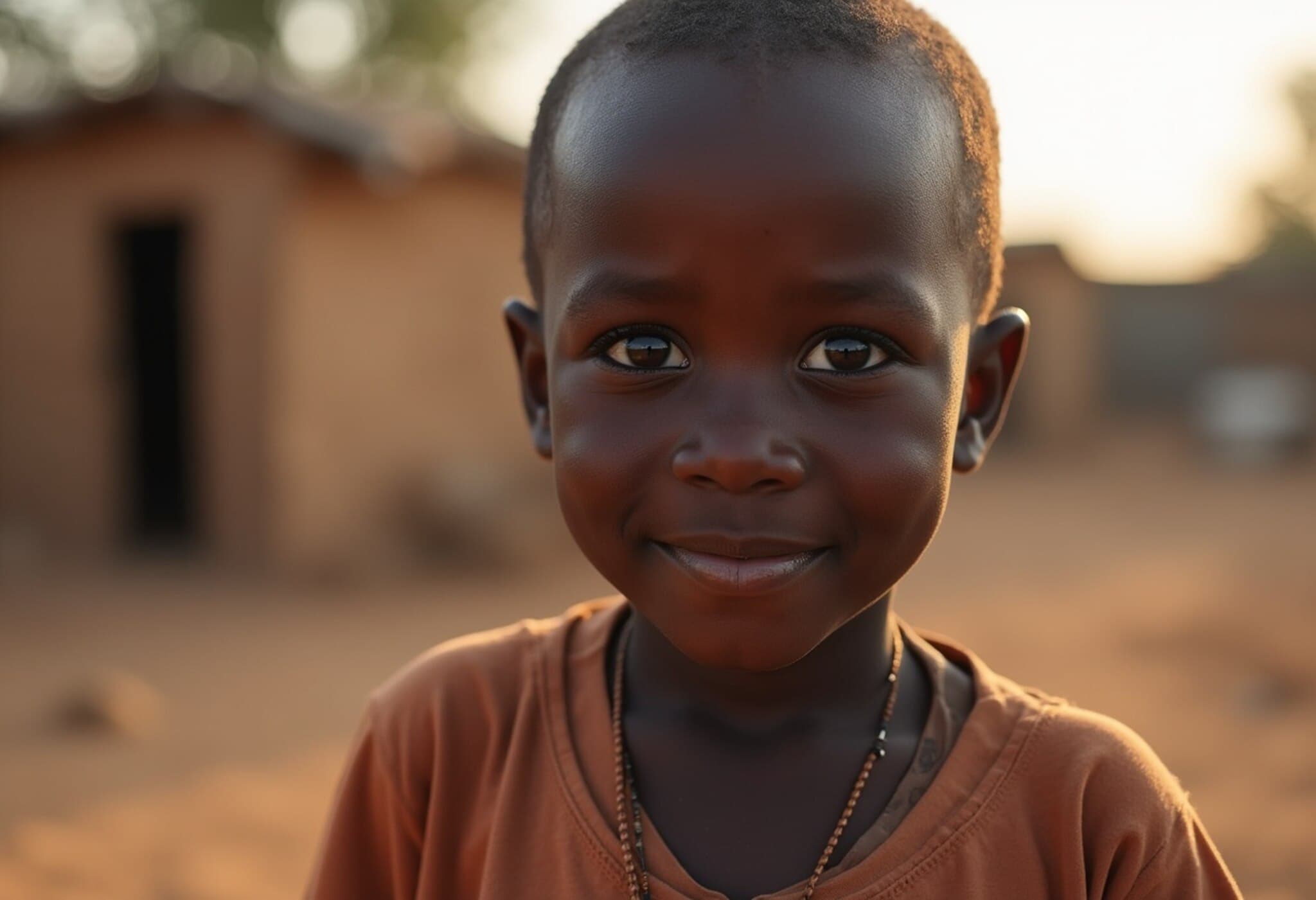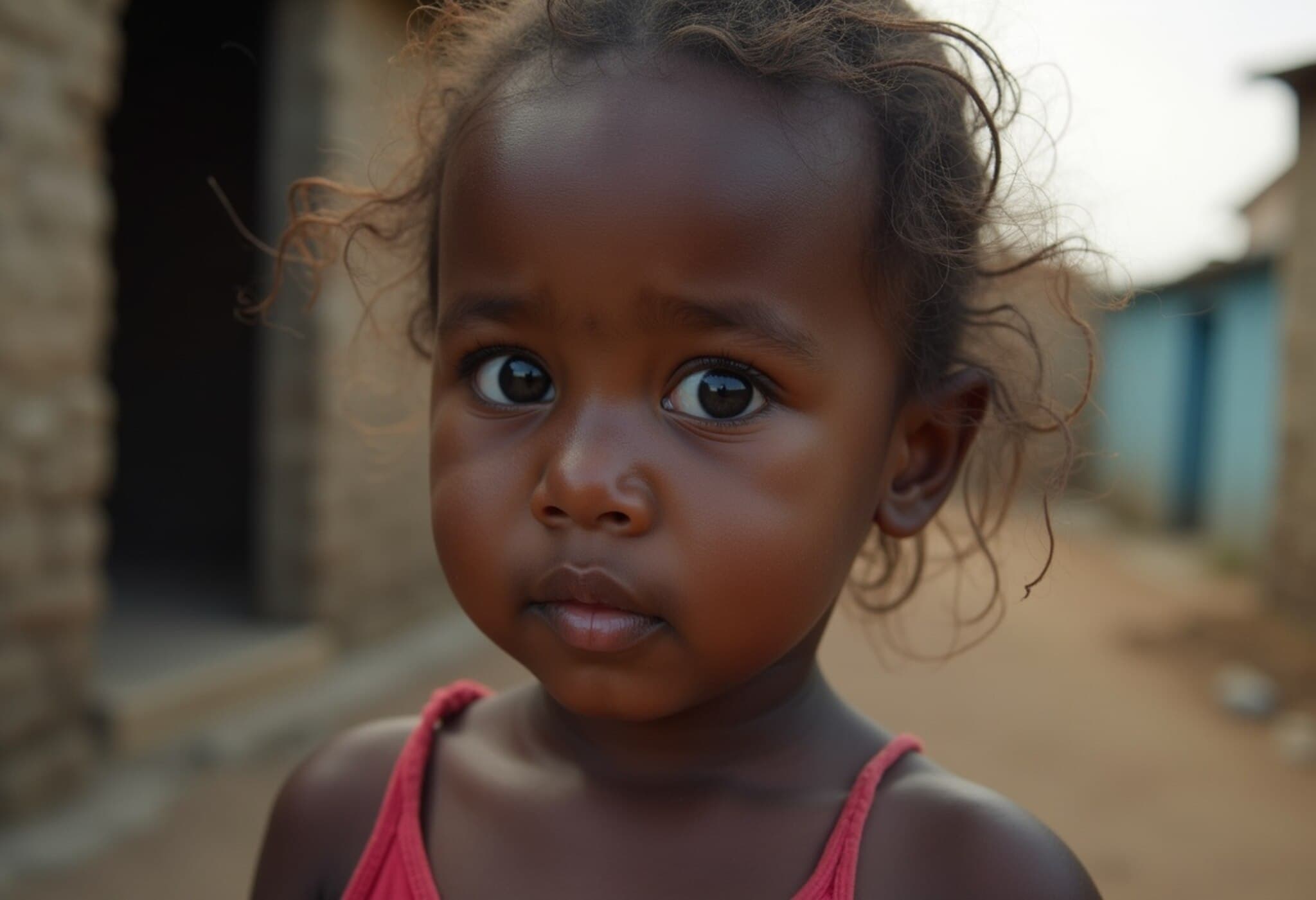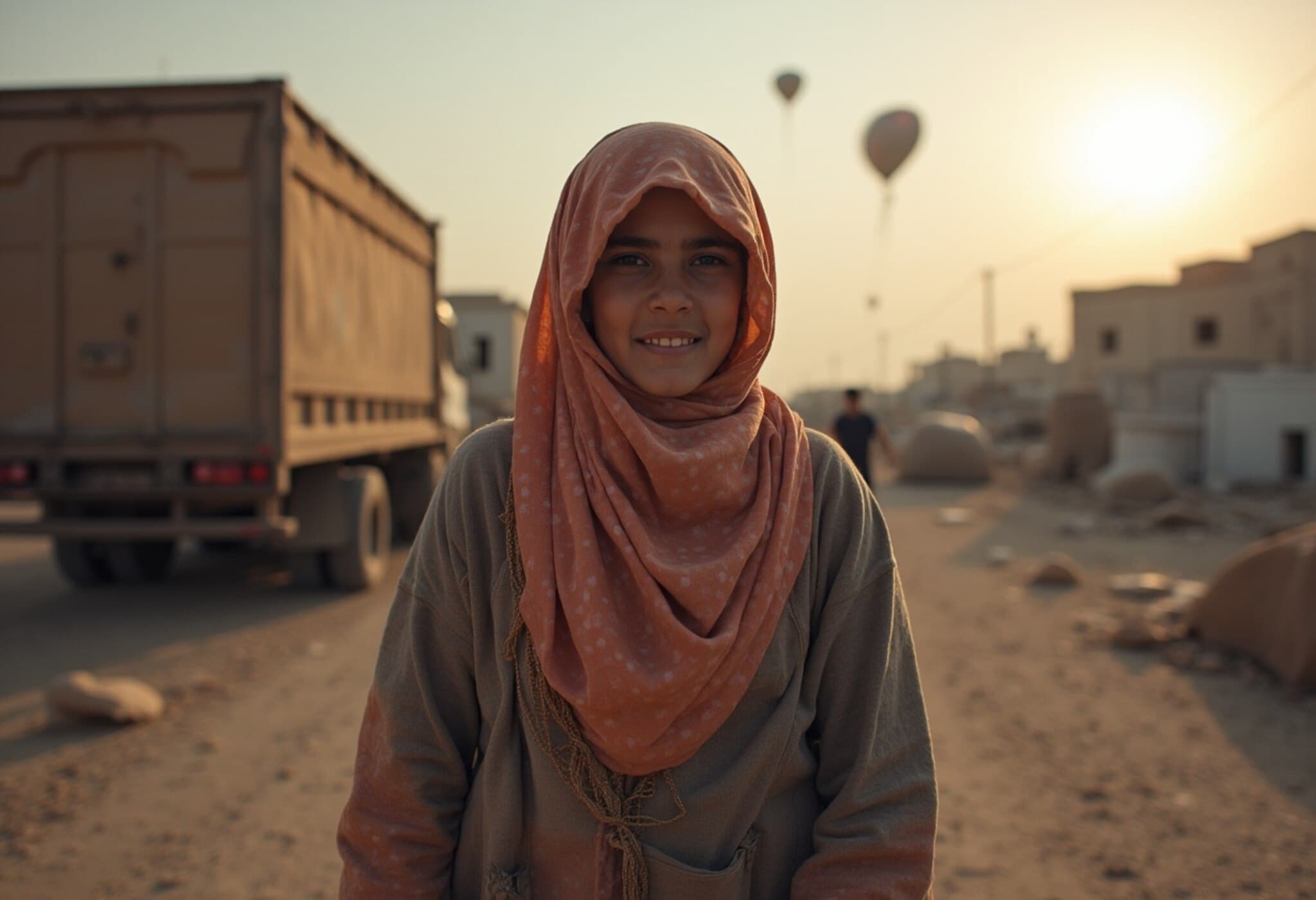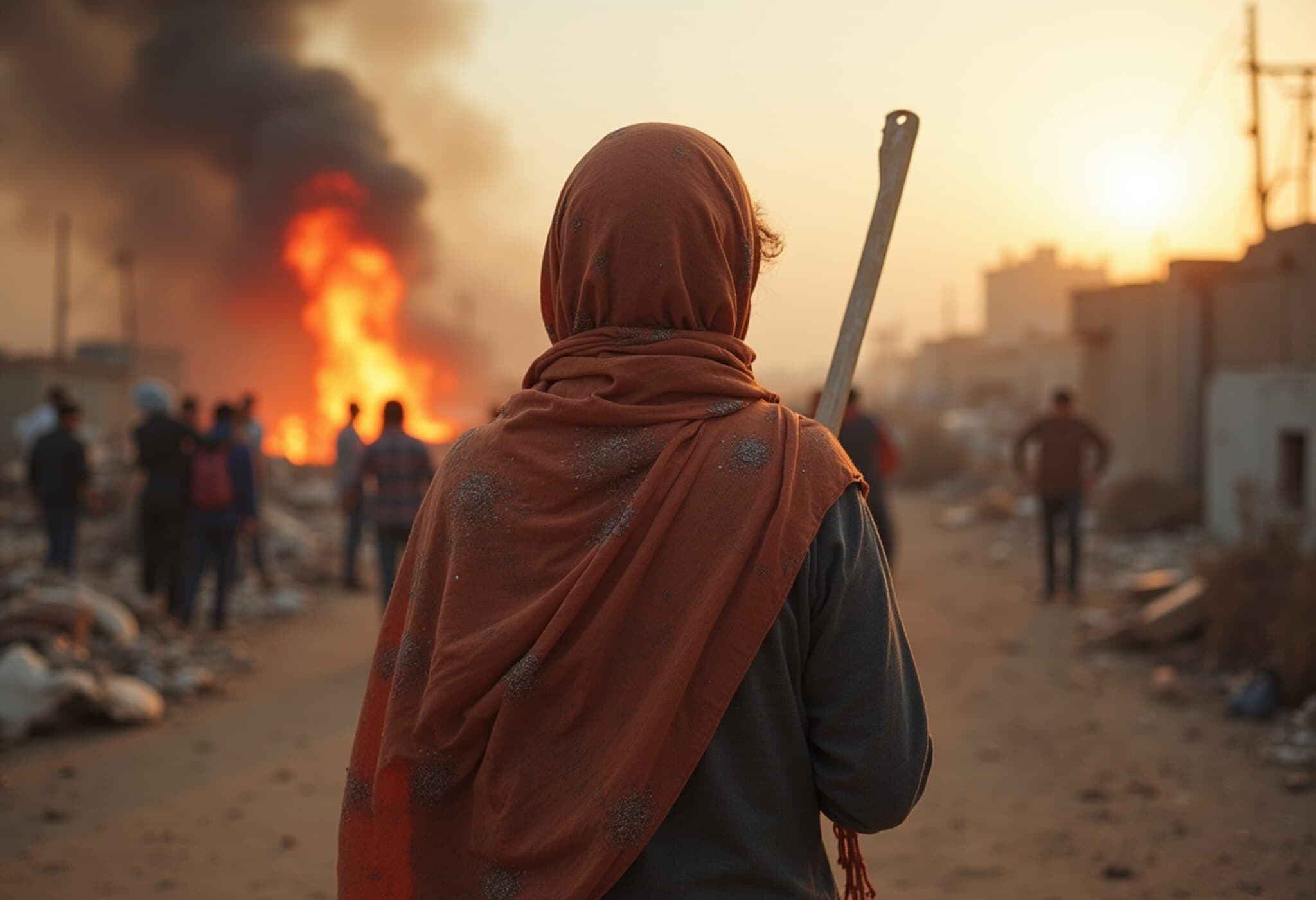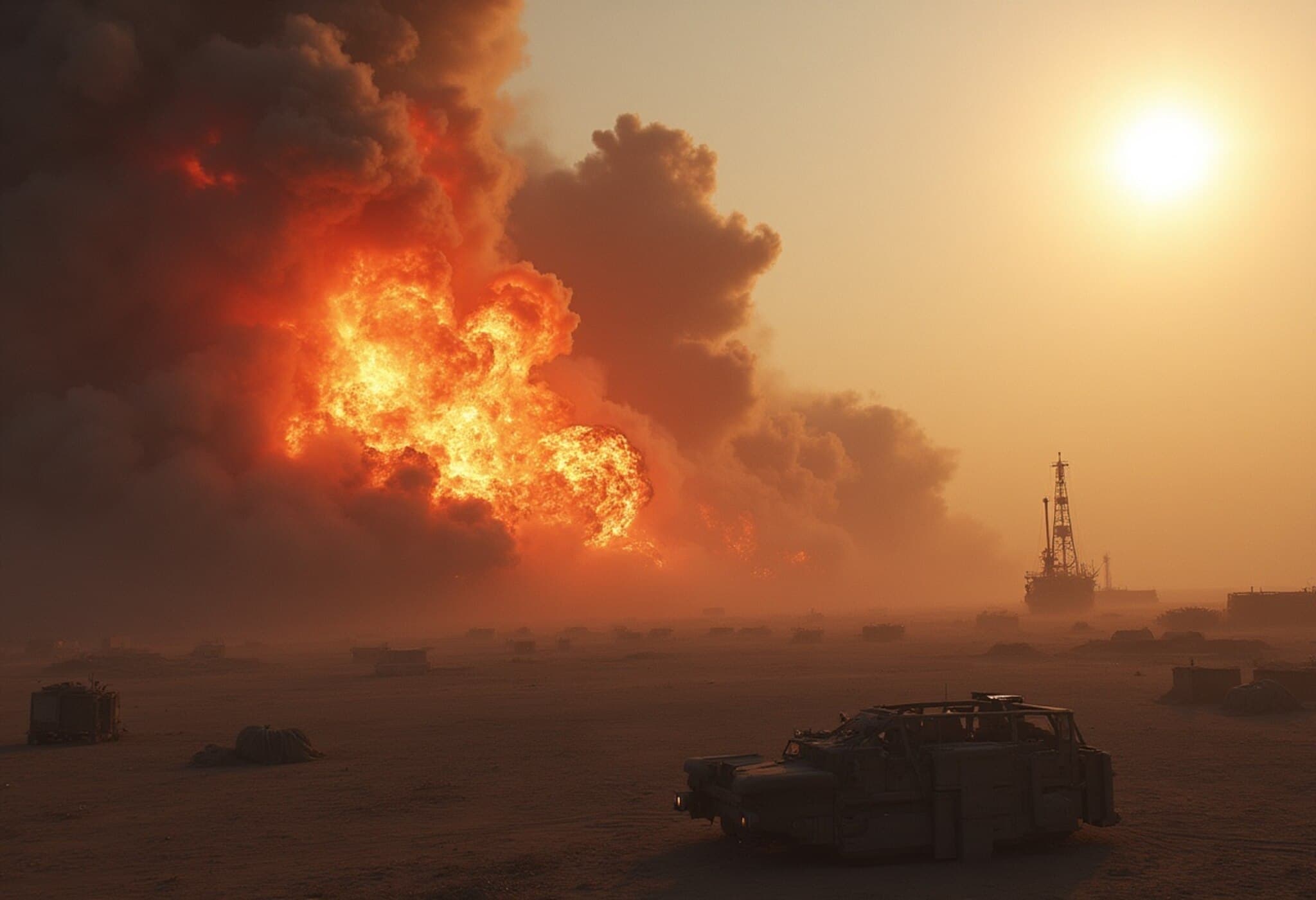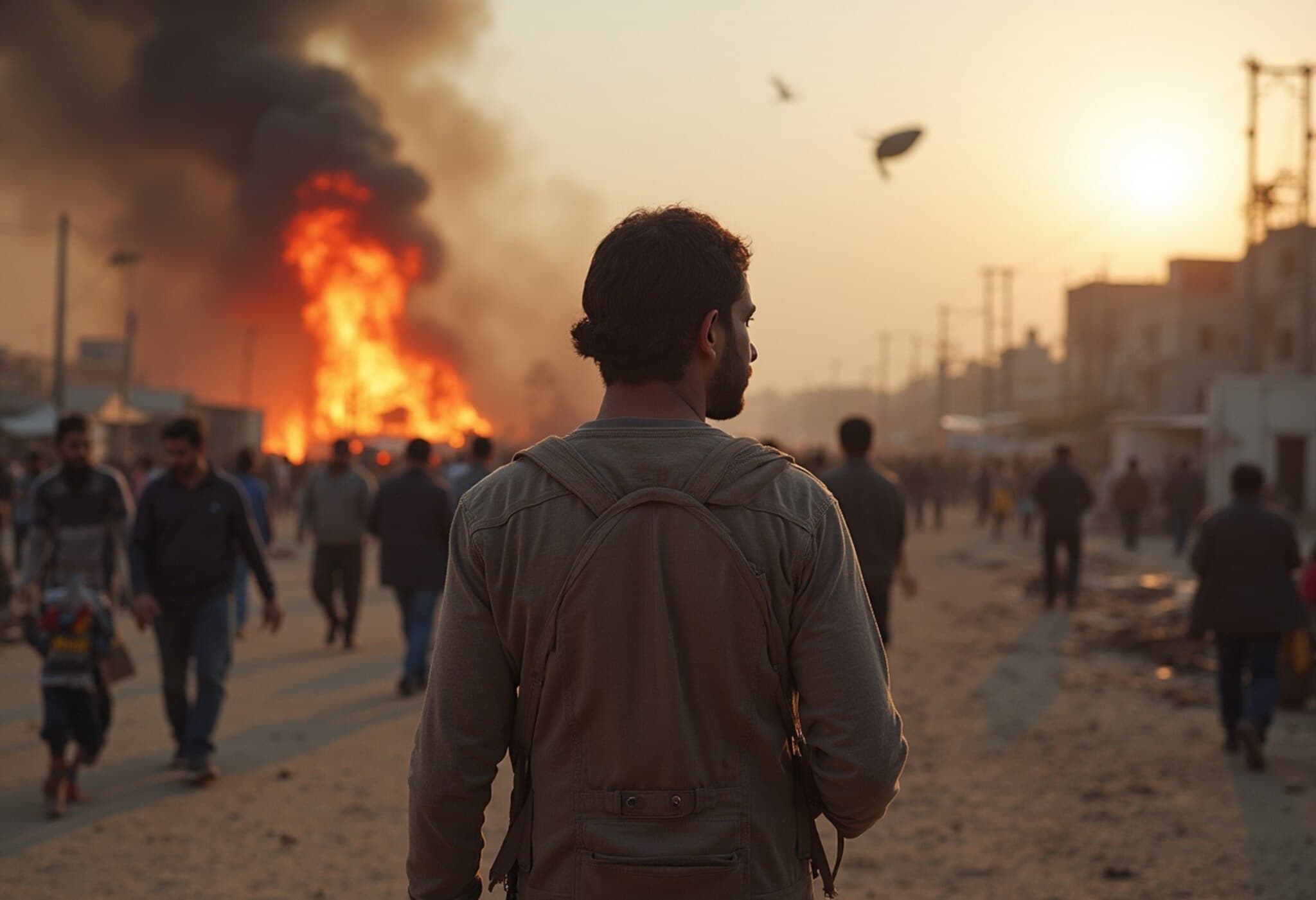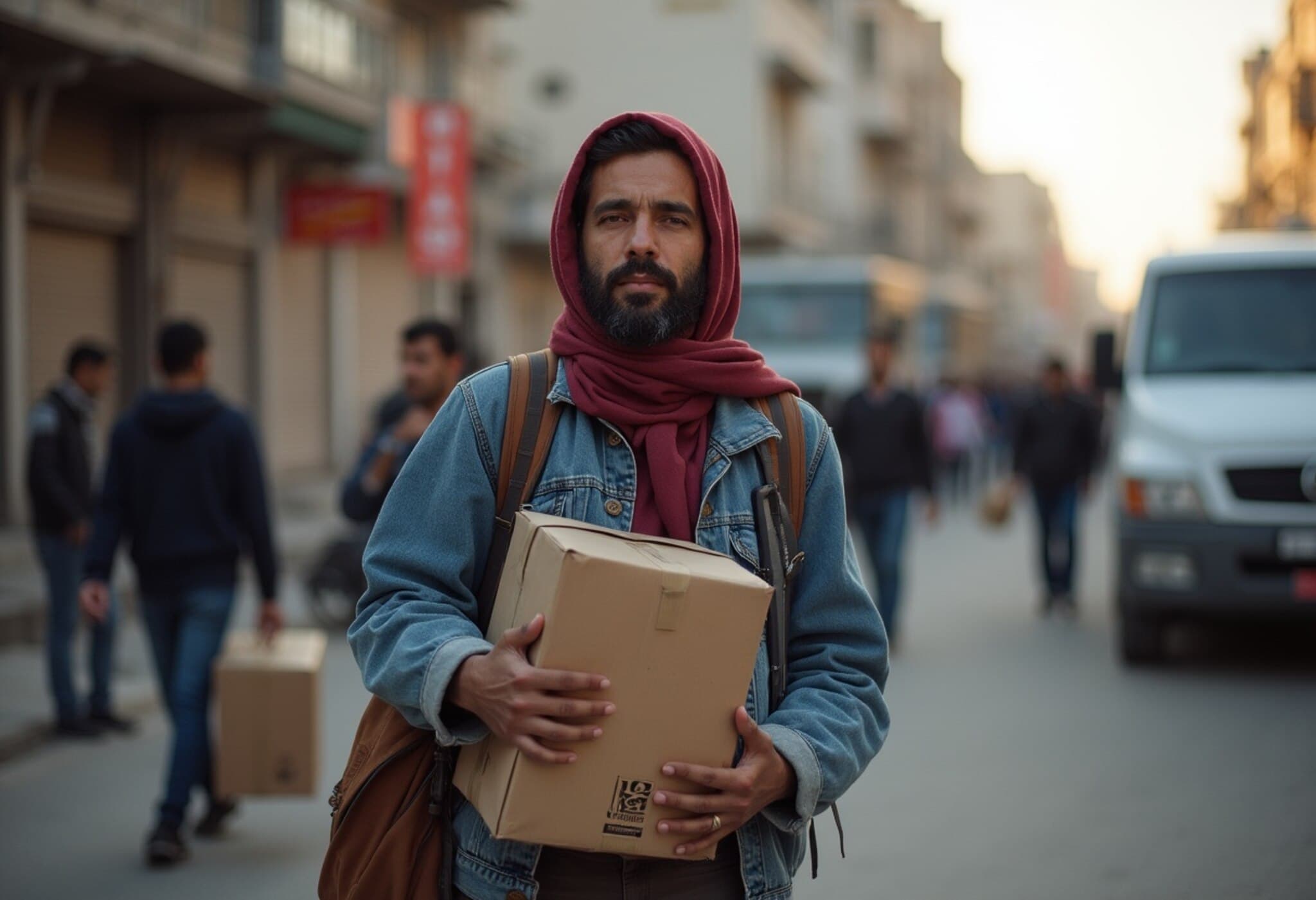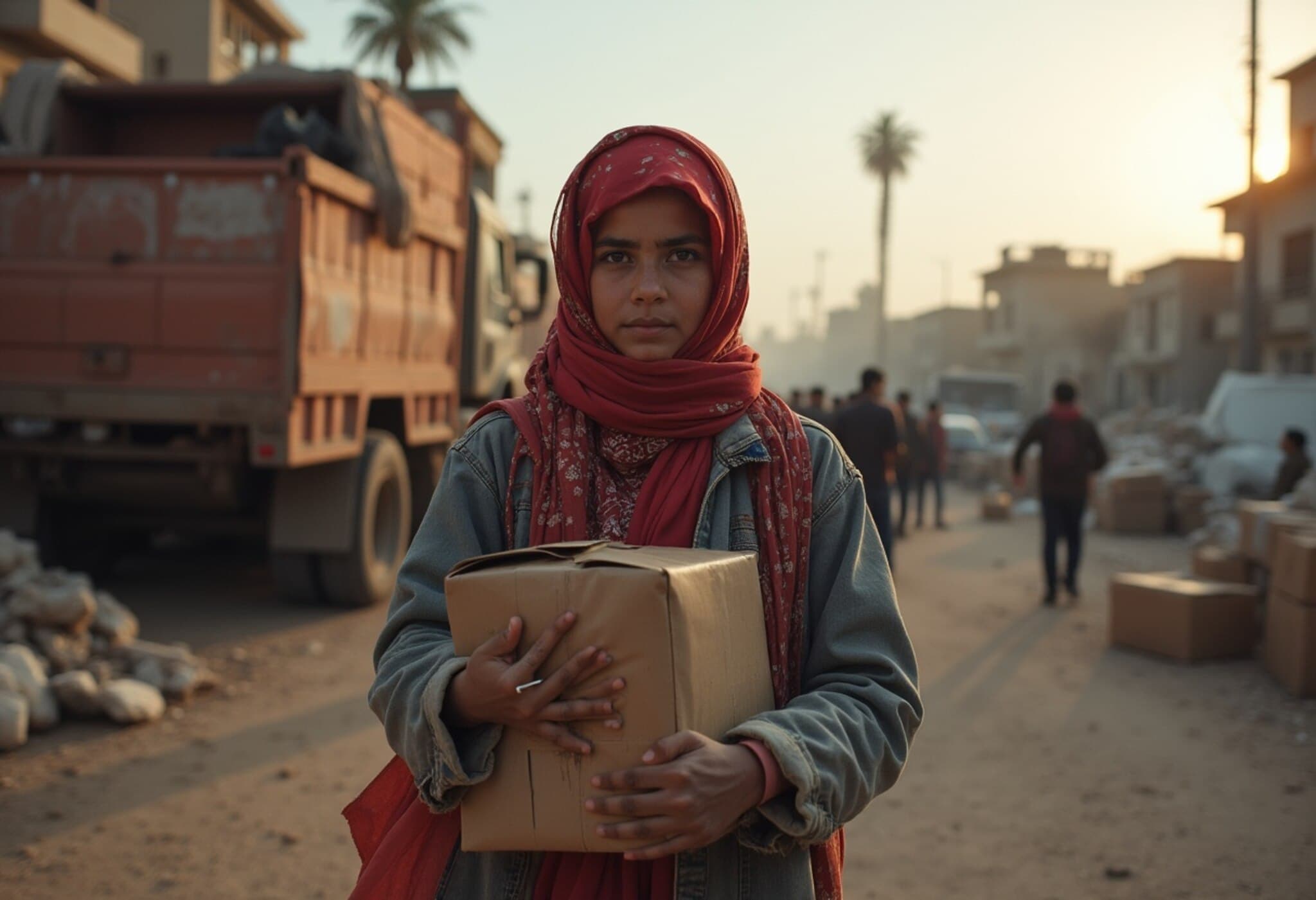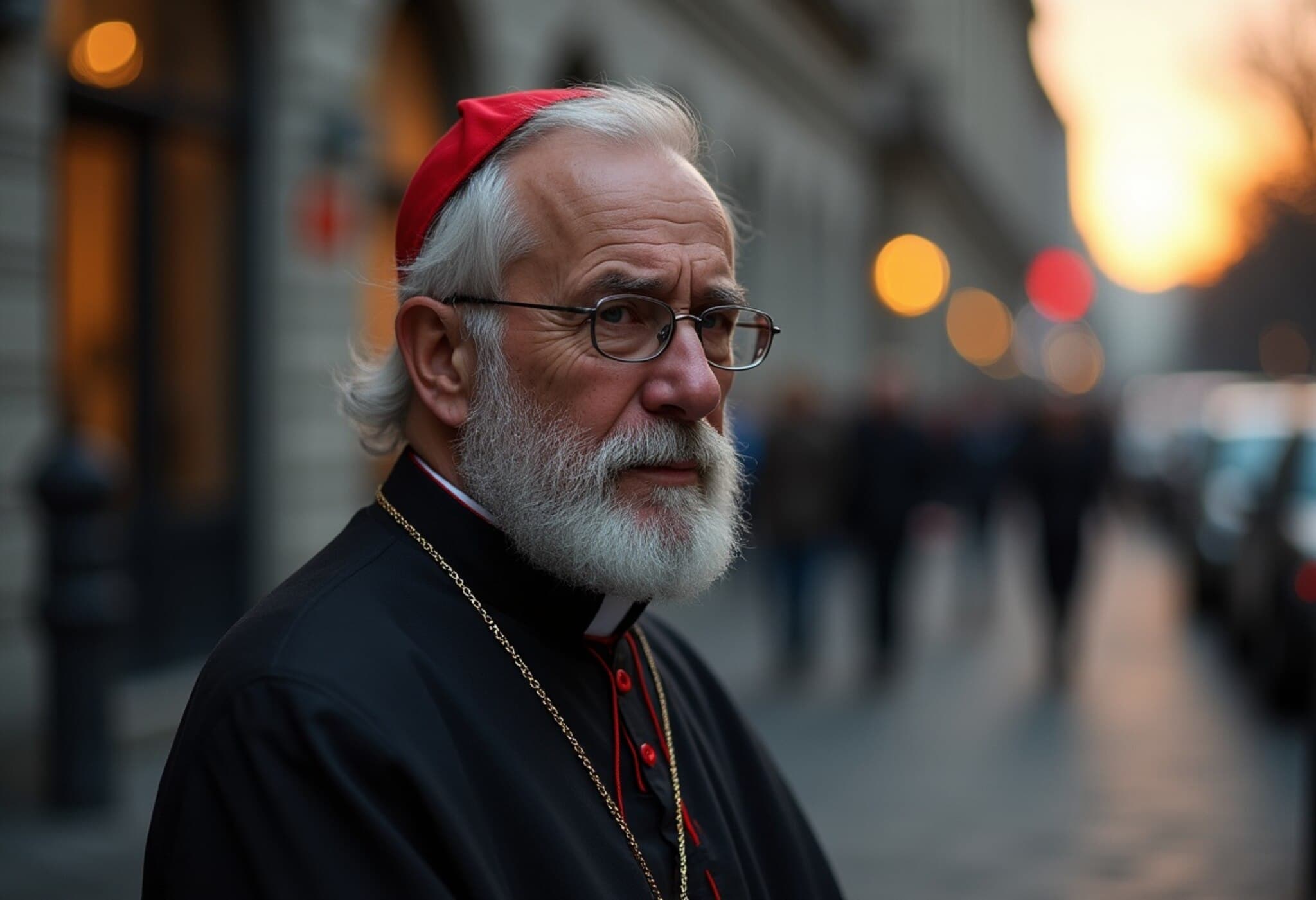Israel Opens Humanitarian Corridors to Gaza Amidst Growing Starvation Fears
After months of a near-total blockade, Israel has announced a "tactical pause" in military operations to allow humanitarian aid convoys entry into the Gaza Strip. This decision comes as Gaza’s 2 million residents face severe shortages of food, water, medicine, and electricity due to a stringent Israeli-Egyptian blockade active since 2007.
The Israel Defence Forces (IDF) have declared daily pauses in fighting across select areas — including Al Mawasi, Deir al-Balah, and Gaza City — coupled with "secure routes" designated for aid trucks. According to the IDF, these measures aim to ease the delivery of urgently needed provisions.
Humanitarian Organizations Cautiously Welcome Aid Access
Global agencies like UNICEF and the World Food Programme have cautiously welcomed this development. UNICEF described it as a vital opportunity to reverse a humanitarian catastrophe and save lives. However, they emphasize this initial step is insufficient without sustained and expanded access for aid and commercial supplies.
Since hostilities escalated, blockade-related shortages have devastated the population’s access to basic needs. Hospitals overflow with patients, marketplace shelves stand empty, and families confront hunger daily. The long-running blockade, intensified by relentless airstrikes, has rendered Gaza one of the most densely populated areas trapped under dire conditions.
Past Aid Efforts: Air Drops and Border Bottlenecks
Prior to this tactical pause, humanitarian support involved limited airdrops. Israel coordinated deliveries of basic staples like flour, sugar, and canned foods. Meanwhile, Jordan and the UAE executed joint parachuting operations, dropping 25 tonnes of aid. Jordan reports having completed 127 such missions since the war erupted.
Despite these efforts, bottlenecks persist at critical junctions such as the Rafah border crossing with Egypt—one of the few passageways for land-based aid. Onlookers captured images of long queues as trucks awaited clearance to enter Gaza.
Voices from Gaza: Hope Tainted by Skepticism
While the humanitarian window offers some relief, local residents remain doubtful that these measures meet the scope of need.
- Rasha Al-Sheikh Khalil, a Gaza City mother of four, shared her mixed emotions: "I feel a bit of hope again but worry starvation will continue once the pause ends. One convoy or airdrop is not enough; what we need is an end to this nightmare, an end to war."
- Neveen Saleh highlighted quality concerns: "We haven’t eaten fresh fruits, vegetables, meat, or eggs in months. What we have are expired canned foods and flour."
Experts Demand Comprehensive Solutions, Not Temporary Fixes
Chris Gunness, former UNRWA spokesperson, sharply criticized the limited "tactical pauses," calling them “too little, too late” and advocating for a 24/7 opening of Gaza's land borders to prevent ongoing, preventable deaths. He remarked on the gravity of the situation, accusing Israeli policies of contributing to starvation as a warfare tactic, and emphasized that accountability for such acts is overdue.
Similarly, Oxfam’s Bushra Khalidi denounced the piecemeal approach, urging immediate, unfettered aid access across all crossings and a permanent ceasefire to stop the engineered starvation.
Contested Narratives and the Ongoing Humanitarian Toll
Israel, responsible for controlling Gaza’s borders and airspace, defends its restrictions as necessary to prevent aid diversion to Hamas, asserting that distribution is managed by international bodies. However, thousands of Palestinians have perished while trying to access food and medical help, and extensive evidence points to a dire humanitarian crisis aggravated by these blockades.
The World Health Organization’s director, Dr. Tedros Adhanom Ghebreyesus, labeled the ongoing conditions as “man-made mass starvation.” Official figures from Gaza’s Hamas-run health ministry report at least 133 deaths due to malnutrition, mostly occurring in recent weeks.
New Infrastructure Initiatives: Water and Power Restored
Amid the crisis, Israel has approved the installation of a clean water pipeline from a desalination plant in Egypt to Gaza’s Al Mawasi region to provide independent water supply for approximately 600,000 residents. Additionally, power lines feeding Gaza’s desalination plant have been restored, potentially easing water scarcity.
Violence and Humanitarian Access: A Fragile Balance
Tragically, violence has not ceased. On the same day support was delivered, nine Palestinians were killed and 54 injured by Israeli gunfire while attempting to reach an aid convoy route in central Gaza. This underscores the ongoing dangers faced by civilians and humanitarian workers alike.
The limited "tactical pause" and partial aid access provide a critical but fragile respite in an enduring crisis. Experts caution that without comprehensive policy changes, increased aid flow, and, critically, a sustainable ceasefire, the darkest days remain ahead for Gaza’s vulnerable population.
Editor’s Note
The announcement of tactical pauses and humanitarian corridors into Gaza offers a glimmer of hope amid a prolonged siege that has devastated millions. Yet, this measured step raises profound questions about long-term solutions: How can generous international support transform into consistent, unhindered aid delivery? Can diplomatic efforts achieve a durable ceasefire essential for rebuilding lives? And importantly, how might the US and global powers mobilize responsibly to avert further humanitarian catastrophes without exacerbating geopolitical tensions?
As the world watches, it’s critical to move beyond temporary airdrops and ambiguous pauses to genuine, sustained engagement that prioritizes human dignity and international law. The people of Gaza deserve no less.

